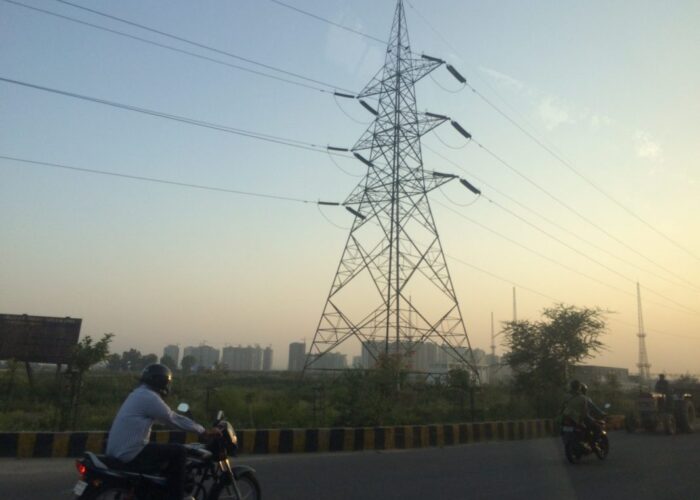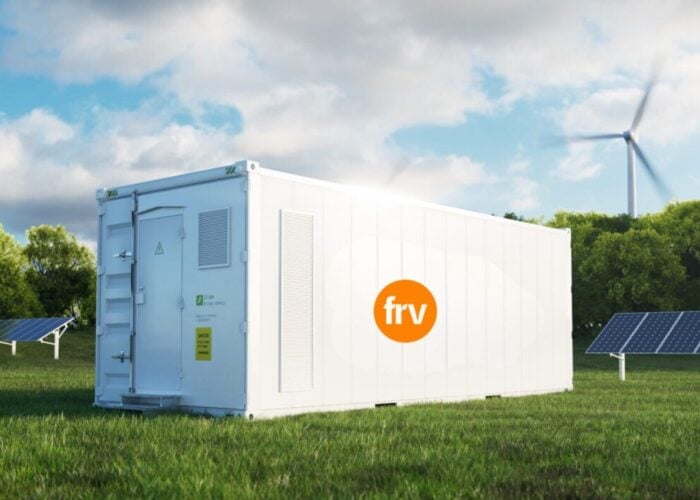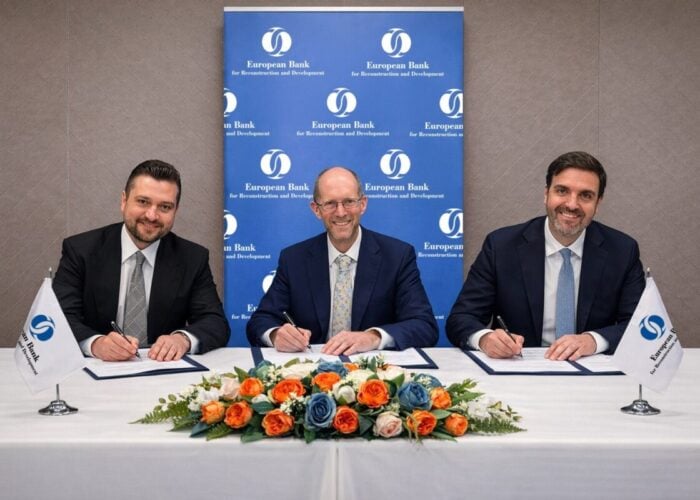Pay-as-you go solar systems are to be installed in 100,000 off-grid households in rural Ghana under a programme unveiled today.
The initiative, led by UK company Azuri Technologies with local firm Oasis African Resources and the Ghanaian government, will be launched at Solar Media’s Solar & Off-Grid Renewables West Africa event kicking off in the Ghanaian capital Accra today.
Try Premium for just $1
- Full premium access for the first month at only $1
- Converts to an annual rate after 30 days unless cancelled
- Cancel anytime during the trial period
Premium Benefits
- Expert industry analysis and interviews
- Digital access to PV Tech Power journal
- Exclusive event discounts
Or get the full Premium subscription right away
Or continue reading this article for free
Ghana is currently experiencing problems with power blackouts in grid-connected areas while a large swathe of the currently is still without access to any grid power at all. The deployment of renewable technologies such as solar has become a political priority, even featuring in Ghanaian president John Dramani Mahama’s state of the nation speech last month.
“This initiative supports the government’s commitment to fully incorporate renewable energy into our energy supply mix, as outlined by the President during his state of the nation address,” said Ghana’s minister for power Kwabena Donkor. The Ministry of Power is pleased to support this project for rural households, and will also explore other avenues with Oasis, Azuri and other renewable energy partners to establish solar as a significant and reliable power source for micro enterprises in both rural and urban communities.”
The project will deploy Azuri’s ‘Quad’ system, which combines a solar panel with a battery and intelligent smart meter into a unit that powers four LED lamps, mobile phone charging and a radio/MP3 player.
The systems will be available on a pay-as-you-go basis, with weekly fees set at a rate that will make them cheaper than the current household spend on mobile phone charging and kerosene for lighting, according to Azuri CEO Simon Bransfield-Garth.
“It’s essentially a rent-to-own business model where the price customers pay for their renting is less than the cost of the kerosene and the mobile phone charger they’re replacing. So it’s net-free to the end consumer and they get the extra benefit that in the next 18 months or two years’ time they own it,” Bransfield-Garth told PV Tech ahead of the project launch.
Bransfield-Garth said Azuri’s long-term intention was that customers would eventually upgrade their systems to ones large enough to power appliances such as televisions and the internet, thereby giving rural communities the opportunity to access the knowledge economy.
“The idea is to try to reduce the growing disconnect between what’s available in urban areas and rural environments,” he said. “The internet has the potential to be quite a leveller across those as it reduces the trend of urban migration where people typically move into slums in large cities and are probably worse off than they were in the rural areas.
“If you can reverse that a bit – if you can bring access to the knowledge economy to rural communities there are huge opportunities for advancement,” he said.
Azuri’s decentralised solar systems are already available in 11 African countries, and Bransfield-Garth said he hoped the project in Ghana would herald the deployment of “substantial” numbers beyond the 100,000 planned in this project.
Solar & Off-Grid Renewables West Africa, organised by PV Tech's publisher Solar Media, will run on 21 & 22 April in Accra, Ghana. For further information click here.






